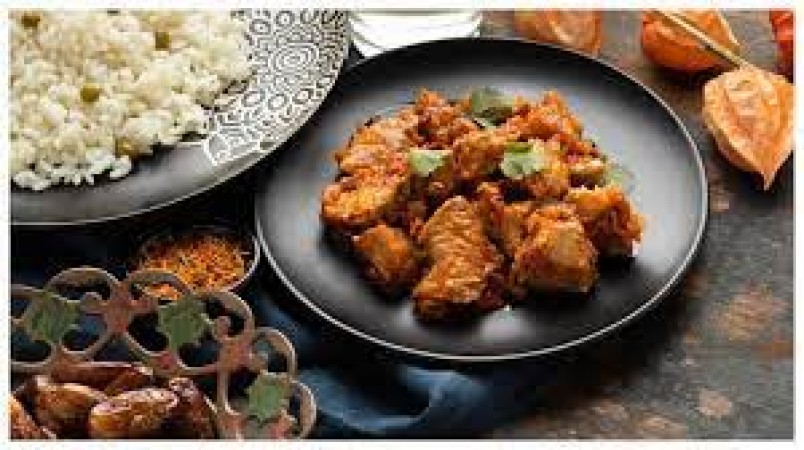
Soya chaap has become a trendy and delicious alternative for many, especially in the realm of vegetarian cuisine. However, beneath the appetizing facade, there lies a set of potential drawbacks that consumers should be aware of.
Soya chaap, particularly in its ready-made form, can be a hidden source of excessive sodium. High sodium intake is linked to various health issues, including hypertension and cardiovascular problems.
Ready-made soya chaap often contains a plethora of artificial additives. These may include preservatives, flavor enhancers, and colorants, which can have adverse effects on health when consumed in excess.
The soy used in ready-made chaap is often highly processed. This processing can strip away some of the natural nutrients found in soy, diminishing its overall nutritional value.
For individuals with soy allergies, indulging in soya chaap can lead to allergic reactions. Ready-made variants may not always adequately highlight potential allergens in their ingredient lists.
Some ready-made soya chaap products may contain unhealthy fats, contributing to increased calorie intake and potentially impacting cholesterol levels.
Soya chaap may lack the fiber content present in whole soybeans. This absence of fiber can affect digestion and may not provide the same satiety benefits as whole soy products.
Regular consumption of ready-made soya chaap can contribute to an over-reliance on processed foods, potentially leading to an imbalanced diet.
The production of soy, a key ingredient in soya chaap, has raised environmental concerns. Deforestation and monoculture associated with soy farming can contribute to ecological imbalances.
Genetically modified organisms (GMOs) are often part of the soy cultivation process. The presence of GMOs in soya chaap raises questions about their potential impact on health.
While soy is considered a complete protein, the processing involved in soya chaap may reduce its protein quality, leaving nutritional gaps.
As with any food choice, moderation and awareness are key. Understanding the potential disadvantages of ready-made soya chaap empowers consumers to make informed decisions about their dietary preferences. In conclusion, while soya chaap offers a tasty vegetarian option, being aware of its drawbacks can help individuals enjoy it responsibly. As the culinary landscape evolves, staying informed about the foods we consume becomes increasingly crucial.
If Your Hair Is Falling Rapidly, Adopt These 5 Effective Methods to Get Rid of Hair Fall
Meditation is beneficial for the brain, adopt these simple methods